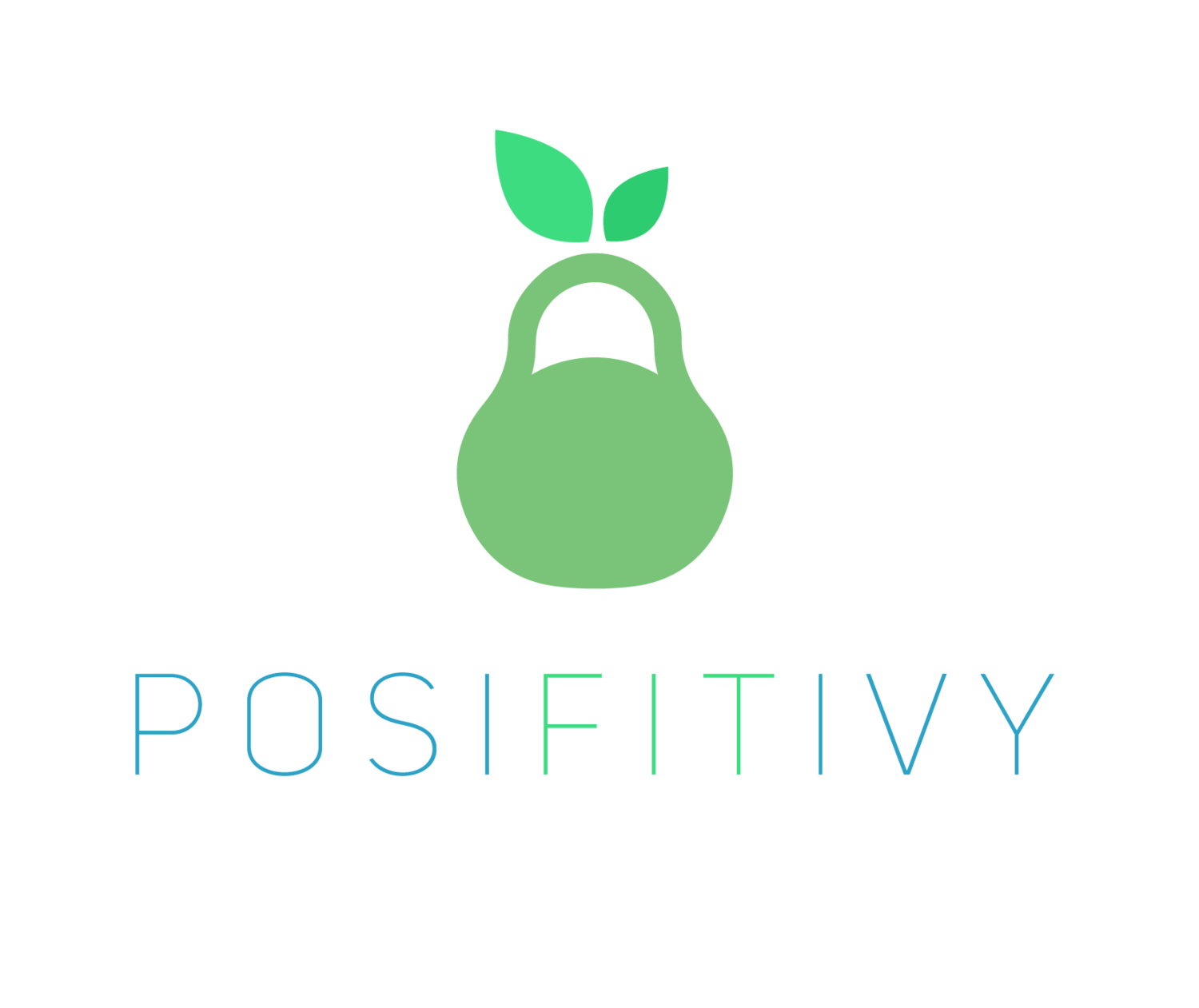breast cancer awareness and lifestyle
As October comes to a close, I wanted to spend some time talking about breast cancer and prevention. Much time has been spent expressing the importance of screening, and while it has its place, I think lifestyle is of greater importance. It’s a strong statement, especially because every conversation on breast cancer is centered on getting mammograms as regularly as recommended. But if we’re to make a real difference in the prevalence of this disease, we have to remember: health isn’t contained in one pill, one procedure, one screening, or one doctor’s visit. It’s a culmination of entire life’s worth of influences on our bodies. While we can’t control everything, we should do our best to control what we can, especially for those of us who have genetic predispositions. This approach empowers women to proactively work towards good health. I actually think messaging that only says: “Go get screened” leaves women in the backseat of their own lives. It’s ominous to suggest that the only thing we can do is wait, get checked, wring our hands, get checked. If you’re looking to boost your quality of life and protect yourself against disease, here are some things to try. That way, when screening season comes around, you know you’ve given yourself your very best shot.
diet
It’s important to stay at a healthy weight to reduce your breast cancer risk. Excess body fat increases blood levels of insulin and estrogen, two hormones that encourage the growth of cancer cells. Furthermore, fat tissue causes inflammation. The American Institute for Cancer Research recommends as part of their ten guidelines for cancer prevention “a plant-based diet with a variety of fruits, vegetables, beans and whole grains” to help you maintain a normal weight. Women who applied at least five of the AICR’s ten recommendations to prevent cancer decreased their risk of getting breast cancer by 60%! The American Cancer Society’s recommendation is in the same vein, a diet of “mostly vegetables, fruits, and whole grains, and less red meat (beef, pork, and lamb), less processed meat (bacon, sausage, luncheon meats, and hot dogs), and fewer sweets.” I do want to point out that the World Health Organization classifies processed meat as a group 1 carcinogen (meaning it definitely causes cancer) and red meat as group 2A (meaning it probably causes cancer) - so in my opinion, we should skip them altogether, and pile on plants.
exercise
Exercise reduces breast cancer risk. The American Institute for Cancer Research’s 2017 report on breast cancer concluded that vigorous exercise probably protects against both premenopausual and postmenopausal breast cancer. Interestingly, the report makes a distinction between total physical activity and vigorous activity - although total physical activity is probably protective in postmenopausal women, the data isn’t conclusive in premenopausal women. In other words, it’s not enough to take a walk. You have to work up a sweat for exercise’s effects! One study found that an hour per day was necessary for the benefits, but the American Cancer Society’s recommendation is 150 minutes per week of moderate exercise, or 75 minutes of vigorous activity. No matter what you choose to do, the link between lack of exercise and cancer is becoming increasingly clear. Do you really need more reasons to get your sweat on?
soy
It’s a myth that eating soy increases breast cancer risk. This misconception persists because soy contains a class of phytoestrogen compounds called isoflavones. Given that elevated estrogen levels in the body over a lifetime increase breast cancer risk, phytoestrogens must contribute, right? Wrong - estrogen has two receptors in the body, alpha and beta, and isoflavones activate beta receptors, which have an anti-estrogen effect in the breast. The American Cancer Society deems soy protective. However, note that this doesn’t apply to soy isolates, like you may find in fake meats and cheeses. Keep it as whole-food plant-based as possible!
flax seeds
I devoted a special section to flax seeds because just a small dose can go a long way. Flaxseeds are high in lignans, which have been shown to suppress the proliferation of breast cancer cells in a petri dish, and in a study that saw a group of young women fed just a teaspoon of ground flaxseeds every day for a year, 80% saw a drop in a cancer proliferation biomarker and fewer precancerous changes in breast tissue. It’s an easy change to make, especially because some vitamins are fat soluble - consider sprinkling ground flax on a salad for a nutrient absorption boost!
My goal is always to provide action items. These are changes we can implement starting NOW. It’s not enough to wear pink shirts and pins, and donate money to research organizations hoping they’ll come up with a magic pill. The most responsible thing we can do for ourselves, our healthcare system, and the breast cancer cause is to take a hard look at lifestyle and do what needs to be done. Thanks for reading!



